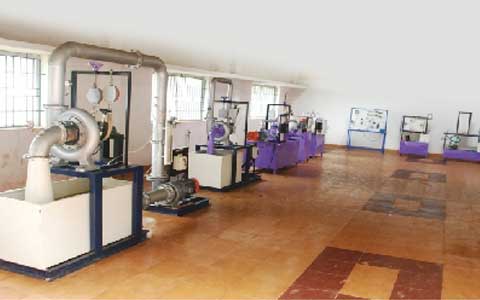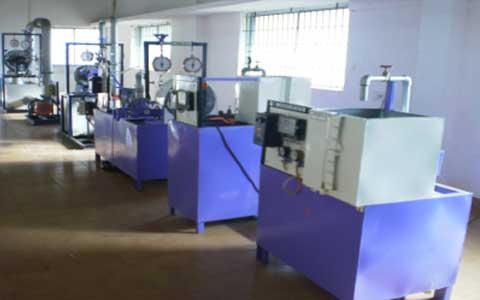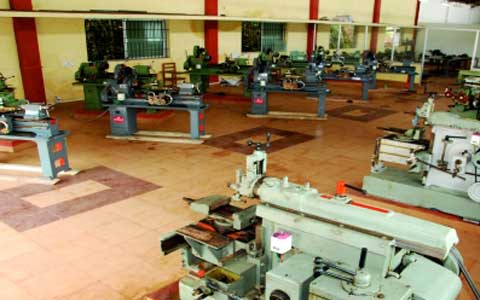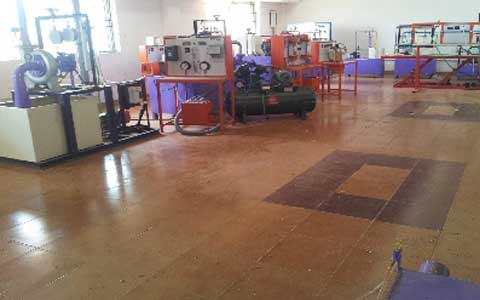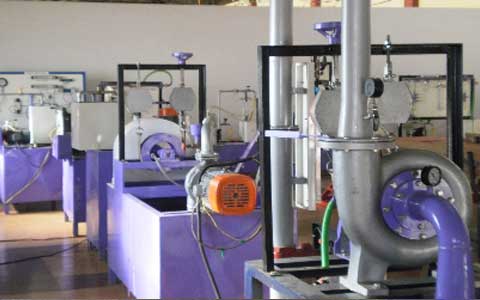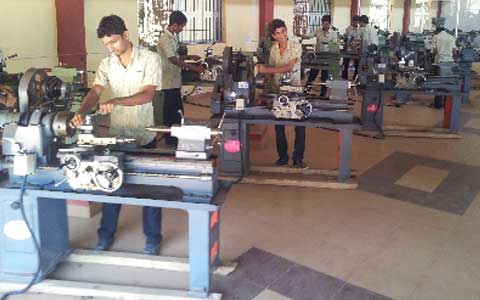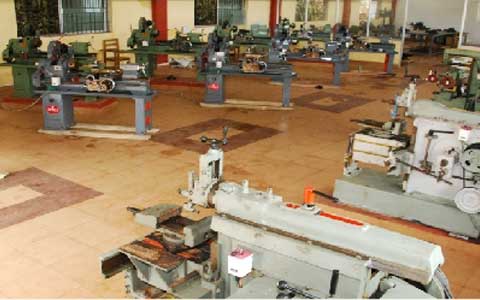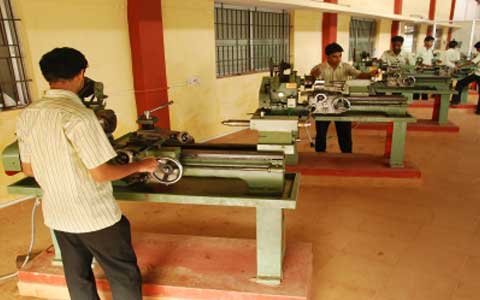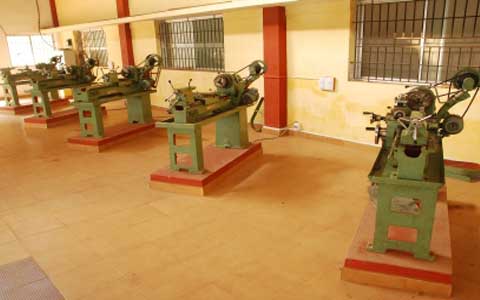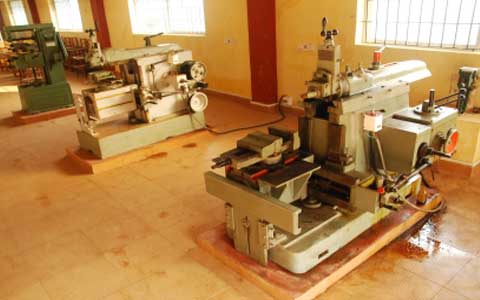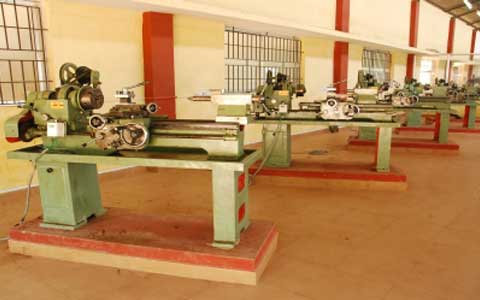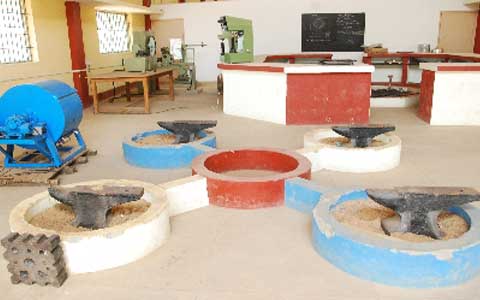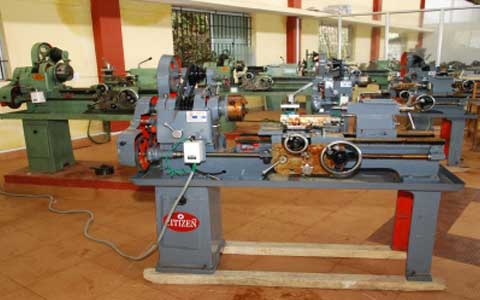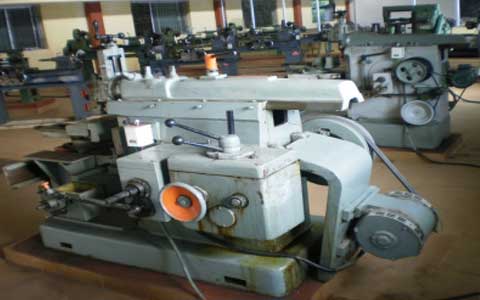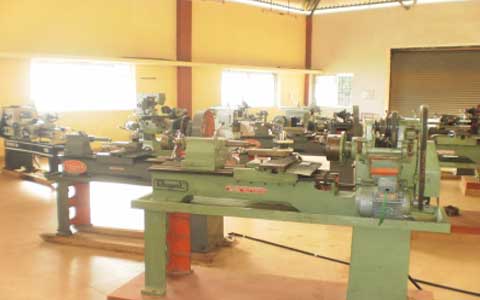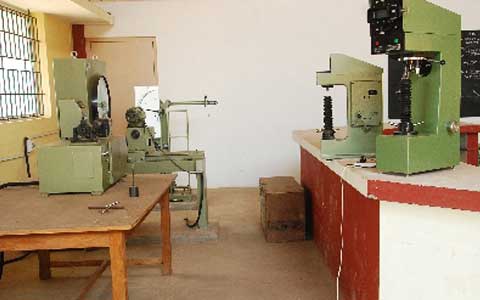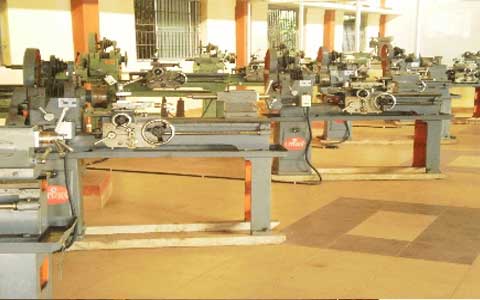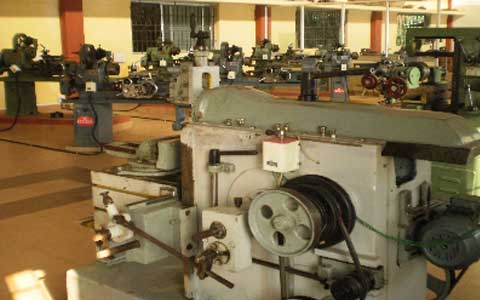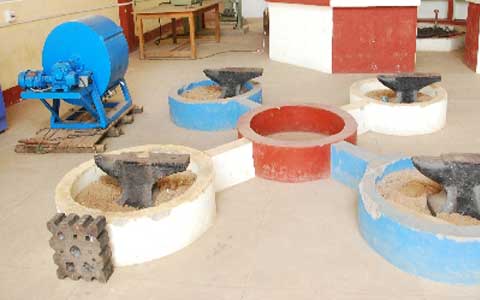Departments
 Download application form
Download application form
Contact us
 Click here
Click here About B.E. Mechanical Engineering
Mechanical Engineering is a highly diversified stream. The mechanical engineers design machines, devices, products, control systems, and work with the generation, and thermal power, Mechanical engineering are also responsible for characterization, specification and analysis of material used in design and manufacturing.
The Mechanical Department at Karavali Institute of Technology focuses on the overall development of students in a close-knit and motivating environment for the exchange of ideas. Every staff member is technically and academically sound in their respective fields, and we offer our students an opportunity to work one-to-one with the faculty in advancing the frontiers of knowledge.
Laboratories
- Metallography & Material Testing Lab
- Measurements & Metrology Lab
- Foundry & Forging Lab
- Machine Shop
- Fluid Mechanics Machinery Lab
- Energy Conversion Engineering Lab
- CAM & Analysis Lab
- Heat & Mass Transfer Lab
- CIM & Automation Lab
- Design Lab
Field of Study
Future is here for Mechanical Engineers! It has always been the backbone of any industry, as its presence can be felt in every sphere, right from the inception of design to the development of product.
Mechanical engineering is one of the broadest engineering disciplines. Mechanical engineers research, design, develop, manufacture, and test tools, engines, machines, and other mechanical devices. Engineers in this discipline work on power-producing machines such as electric generators, internal combustion engines, and steam and gas turbines. They also work on power-using machines such as refrigeration and air-conditioning equipment, machine tools, material-handling systems, elevators and escalators, industrial production equipment, and robots used in manufacturing.
What is it all about
The diversity of the field of mechanical engineering is represented in the following areas of involvement.




